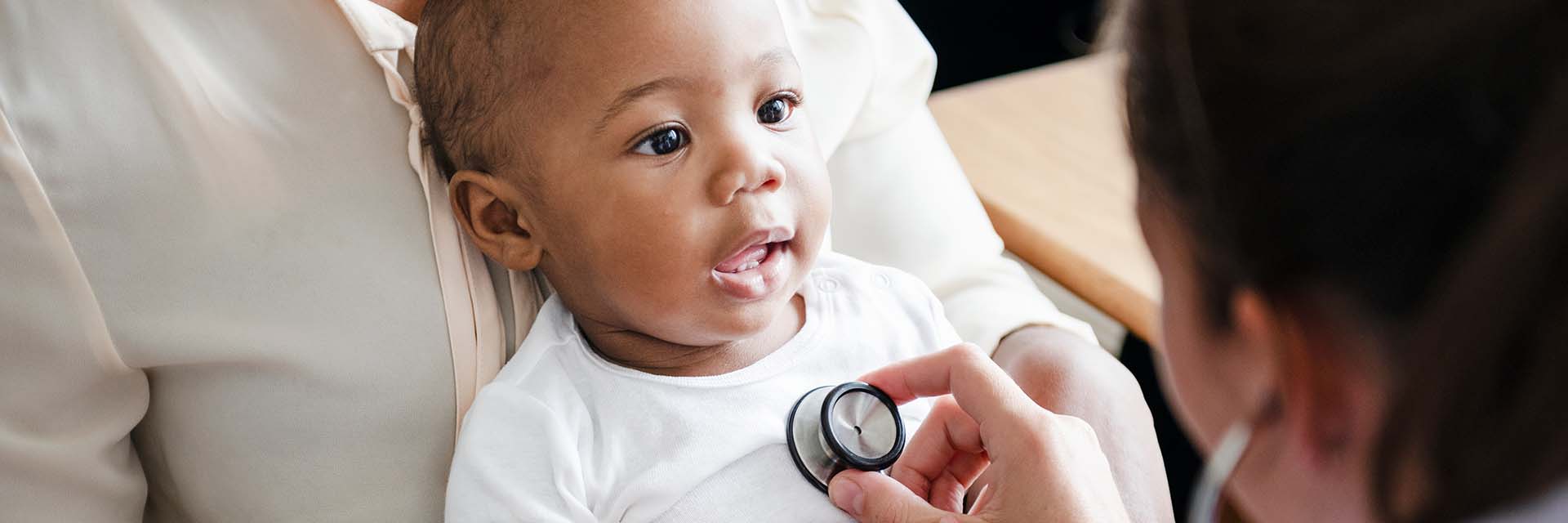Because young children are at the highest risk for getting certain serious diseases, the American Academy of Pediatrics and the Centers for Disease Control and Prevention (CDC) are among those organizations that recommend early childhood immunizations. Also in support of pediatric vaccinations, the CDC reports that side effects from vaccines (mainly redness and swelling) are almost always minor and go away within a few days. Serious side effects after vaccination, such as an allergic reaction, are very rare and healthcare providers are trained to deal with them.
All of the shots your baby may get during a visit with the pediatrician add up to protection for your child against 14 infectious diseases, including the flu, chickenpox, mumps and measles, polio and whooping cough (pertussis). These are diseases that may require hospitalization and can be very serious or even deadly, especially in infants and young children with underdeveloped immune systems.
How to lessen the pain of getting shots
There are things you can do before, during and after vaccine visits to make them easier and less stressful for your little one and you:
- Before the visit, write down any questions you may have and find your child’s personal immunization record to bring with you, if appropriate. An up-to-date record will tell your pediatrician exactly what shots your child has already received.
- At the doctor’s office, hold, cuddle and comfort your child with a favorite toy or blanket. A calming voice, combined with praise and hugs, will help reassure your child that everything is okay.
- After the shot(s), review any information your pediatrician gives you about what to expect. This information will describe possible side effects your child may experience. Give your child lots of liquid. It’s normal for some children to eat less during the 24 hours after getting vaccines. Pay extra attention to your child for a few days. If you see something that concerns you, call your doctor right away.
Learn more about the recommended childhood immunization schedule for childbirth birth through age six.


